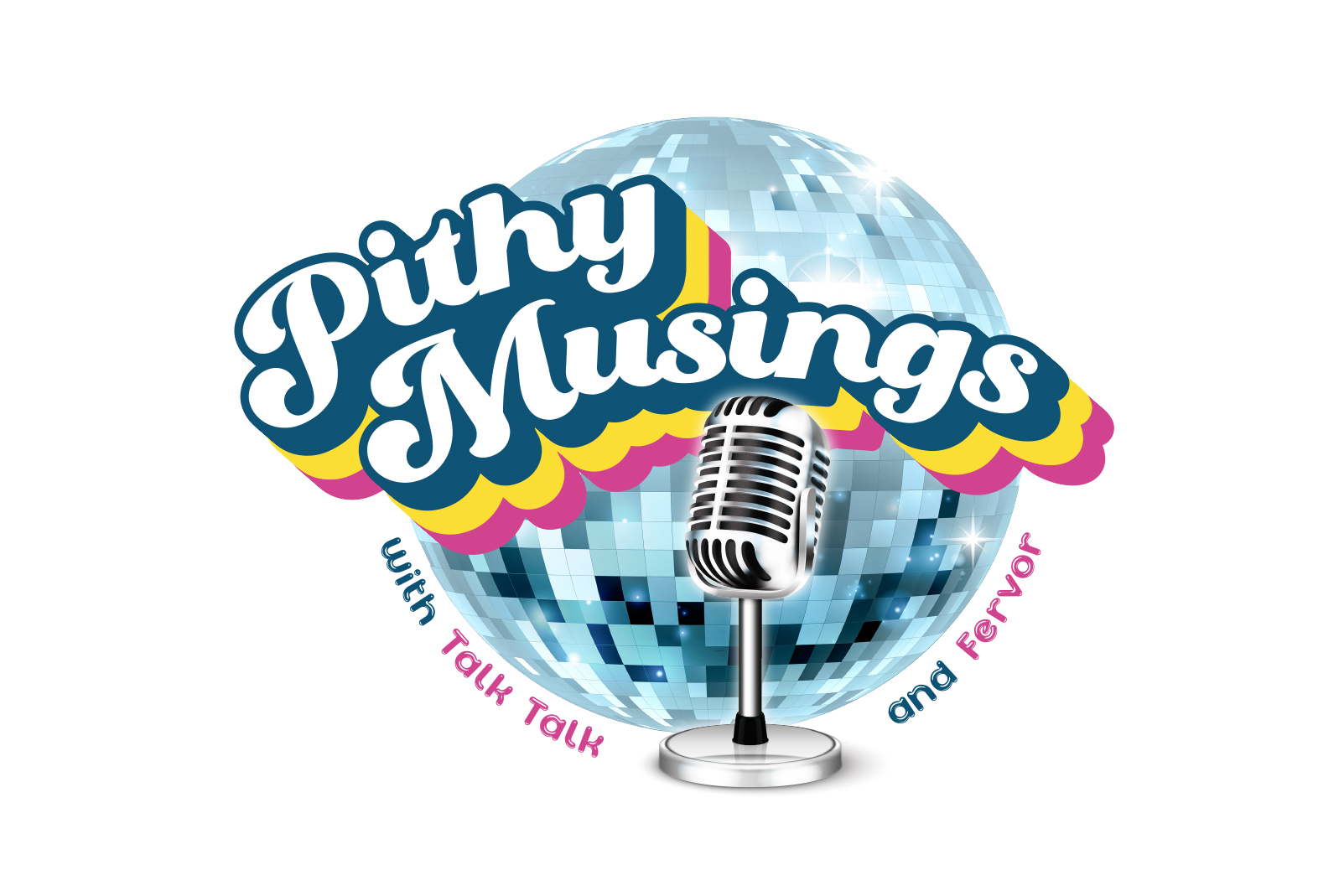I am obsessed with advancing healthier systems, teams and individuals in the working world. I’m observing what I believe is an epidemic of many leaders in organizations around the globe who are climbing the ranks as subject matter and technical experts. Some don’t necessarily have the skills to be leading teams, yet they’re plunked into the chair with a circle of diverse, talented human beings surrounding them. These people have high hopes and expectations, or they’re traumatized from prior experiences and sitting in fear of what’s to come. They’re all determining if they can trust one another within minutes. Everyone, the leader in particular, is under the magnifying glass.
As an example, if a leader isn’t people-focused or collaborative but very high on IQ, driven and outcome focused, how deeply engaged will the team be? Or, if a leader has no experience leading teams and ridiculously qualified on paper, the strategy might be exceptional but the culture on the team might be flailing. Without the culture to support it, fulfilling on that amazing strategy is at risk (and so are your people).
“Innocent ignorance” is a term I like to use when referring to people who have good intentions yet make questionable choices. They know what they know, and don’t know how to choose otherwise because of what they don’t know. They’re not bad people. They also have free will to inform their future choices.
As a leader, what do you do if:
- You know you’re qualified to get the work done, but the part involving leading people simply doesn’t come naturally?
- You’ve gotten by this far leading with what you know, and deep down you know there’s room for improvement?
- You’re in a leadership role yet you’ve never led an actual, multi-member team before?
Last year I consulted on a recognition research project for a public service entity to determine interest in a new potential program that might motivate more innovative thoughts and behaviours to address complex challenges. Of many findings that came of this work, the top insights included:
- People care less about coffee cards and higher pay, and more about learning and growing in their work
- They want better leaders who know how to mentor (e.g. offer advice from experience), and use a coach approach with them (e.g. looking ahead from today and how to get there using appreciative inquiry, active listening, feedback, co-creating new possibilities)
- There is no shortage of ideas; people want to know they can voice them freely, that they will be heard, and their ideas might even go somewhere
- People want sense of belonging, to feel valued, to experience positive self esteem
- They want to experiment, be creative, and to experience psychological safety, including in the line of failure
What do you notice about these findings? I’ll share what stands out to me: people yearn to bring their whole, capable, empowered beings into their work and they need leaders who get that and will enable them to thrive. This means reflecting on what we think we know as leaders, challenging our assumptions and seeking learning to expand our capabilities. Our people are calling on us to do better. It is our duty and lies in the integrity of strong leadership.
Here are five ideas to up your ante:
Read Dare to Lead by Brene Brown.
Study what it is to step into vulnerability, courage, and more, founded on years of Brene’s research. This stuff is core, inner work to get grounded and step into “brave leader[ship] and courageous cultures”. As a leader in my network recently said while reading this book, “where the hell have I been?”.
Find a mentor you trust and respect and build a lasting relationship.
Chances are you’ve got them in your network. They’ve got lived experiences and wisdom and often pleased to share them. Many mentors simply love the gift of paying it forward with hopes you’ll do the same one day.
Get a coach, and not just any coach.
I’m a leadership coach, and before that I was coached as a senior leader for years one-on-one, in executive retreats and in teams. The impact in my journey and those around me was profound. Coaching provokes deep neurological connections that significantly advance learning. Get a coach, look to having your organization sponsor it. Talk to a few to get a sense for fit. Just make sure they’re accredited by the International Coach Federation as the global standard of excellence, abiding by the Code of Ethics for practice.
Dig into your emotional intelligence.
Unlike IQ, EQ can be developed and pivotal in advancing how you show up with your team on the basis of how your emotions impact your behavior (this also connects in with team trust). Look into Daniel Goleman’s work, the gent I like to call the “guru of emotional intelligence”. Ask me about the Emotional Quotient Inventory work I do with leaders to assess where you’re at, and co-create areas and an action plan to be developed.
What development opportunities exist around you?
Consult your partners in HR, culture, and learning and development in your organization. Find out what programs they’re offering to hone leadership skills and attributes. Some organizations have excellent internal offerings when we start looking. There are also diverse formal and informal external offerings available from universities, leadership development companies, other coaches and facilitators. For example if you simply want to use a coach approach with your team, there are reputable coaches putting on 1-3 day programs to help you get there, and I know a few I’d recommend!
I’ll stop there because we’ve got work to do. As Brene Brown says, “you can choose courage or you can choose comfort, but you cannot choose both”. As a leader your teams are calling on you to choose courage.
May you lead with fervor!
Eva









